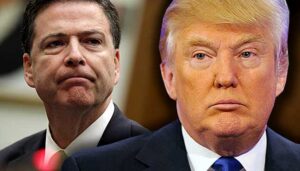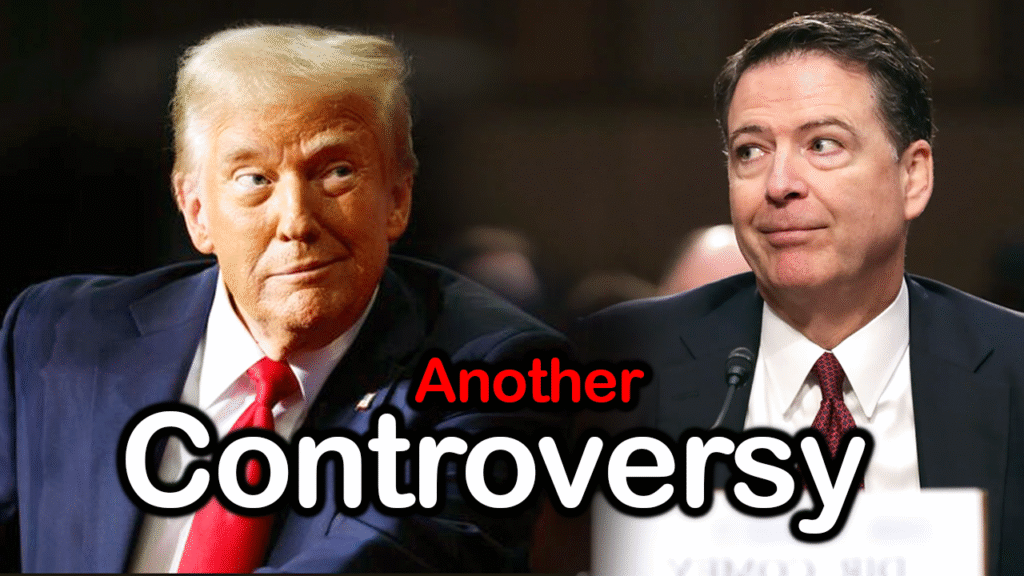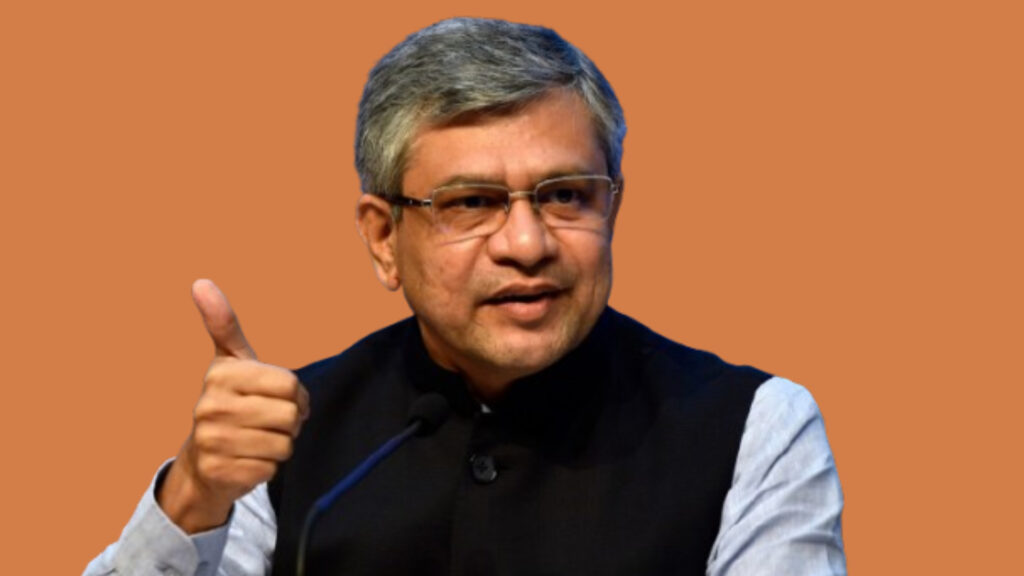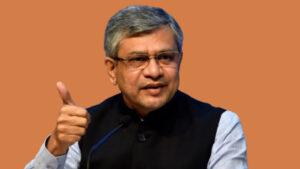In an age where every image, post, and tweet can spiral into national headlines within minutes, few understand this phenomenon better than James Comey, the former FBI Director. On an otherwise ordinary Thursday, a serene beach walk transformed into a political battleground, when Comey shared what seemed to be an innocent photo—yet it triggered a chain reaction involving Homeland Security, the Secret Service, and accusations as serious as attempted incitement.
The now-deleted Instagram post, which featured seashells spelling out “86 47,” was interpreted by some Republicans as a coded call to violence against President Donald Trump, the 47th President of the United States. In American slang, “86” often implies eliminating or discarding something—or someone. Combine that with “47” and the interpretation becomes politically loaded.
But was this really a veiled threat? Or just a grave misunderstanding in the ever-volatile arena of political discourse?

Understanding the Numbers: Misinterpretation or Messaging?
Comey, known for his long tenure in federal law enforcement and his controversial role in the investigations of both Hillary Clinton’s emails and Trump’s alleged ties to Russia, has not been shy about his criticism of Trump. Yet, in this case, he quickly denied any malicious intent.
“I didn’t realize some folks associate those numbers with violence,” Comey wrote after removing the post. “It never occurred to me—but I oppose violence of any kind, so I took the post down.”
To some, that may seem like a reasonable explanation. But not everyone was convinced.
Donald Trump Jr. slammed the post as a direct threat, accusing Comey of promoting violence. “Just James Comey causally calling for my dad to be murdered,” he posted. “This is who the Dem-Media worships. Demented!!!!”
The Fallout: Investigations and Outrage
The controversy escalated when South Dakota Governor and Homeland Security Secretary Kristi Noem posted that the Secret Service and DHS were investigating the post. “Disgraced former FBI Director James Comey just called for the assassination of @POTUSTrump,” she wrote.
A Secret Service spokesperson confirmed that the agency is “aware of the social media posts,” but declined to comment on ongoing protective investigations. Similarly, the FBI, under Director Kash Patel, acknowledged awareness of the post and pledged support to the Secret Service.
Meanwhile, Director of National Intelligence Tulsi Gabbard, appearing on Fox News, called for Comey’s arrest, arguing that someone with his background could not credibly claim ignorance of the implications.
A Nation Divided: Political Theater or Real Threat?
At the heart of this controversy lies a much deeper tension—a society caught in a relentless cycle of political polarization, where the line between free expression and perceived threat is constantly shifting. What might once have been shrugged off as a cryptic image is now seen by many as a signal, a cipher, or worse, a dog whistle.
This isn’t the first time James Comey has found himself at the center of a political storm. His handling of major investigations during the 2016 election made him a target of both parties. Yet, this latest saga is less about evidence or legal thresholds, and more about perception, symbolism, and the powerful sway of social media.
You might also Like this : HBO Max Returned: The Bold Move
What This Means Moving Forward
While there’s no public evidence (so far) that Comey intended any harm, the response from authorities shows how seriously such posts are taken—especially in a time when political violence, unfortunately, feels more imaginable than ever.
Whether the post was a mistake, a misunderstanding, or something more calculated, one thing is clear: In today’s climate, even seashells can become weapons in the war of political narratives.
Comey’s defenders argue this is yet another instance of partisan overreach, while critics believe his actions were reckless at best. Regardless of where one stands politically, the incident underscores the importance of responsibility—especially for public figures who understand better than most the weight their words and symbols carry.
Final Thoughts
As the dust settles around this episode, it serves as a cautionary tale for all of us navigating the world of digital expression. For someone like James Comey, whose legacy is already complicated, this might be remembered not as a moment of malice, but as a sobering reminder: in politics, even the smallest gesture can speak volumes.













